Italy: Super-expert speaks in courtroom over stadium irregularities
source: StadiumDB.com; author: Jakub Ducki
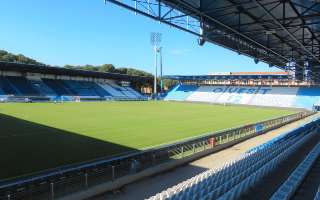 A hearing in a Ferrara court has shed new light on the case of alleged construction irregularities at Paolo Mazza stadium. Professor Bernardino Chiaia, detailed his assessment of the construction progress.
A hearing in a Ferrara court has shed new light on the case of alleged construction irregularities at Paolo Mazza stadium. Professor Bernardino Chiaia, detailed his assessment of the construction progress.
Advertisement
Background of the case
The trial concerning Paolo Mazza in Ferrara, has undergone an expansion in recent years. The stadium, upgraded after Spal's promotion to Serie A in the 2018-2019 season, was expected to hold 16,000 spectators. However, during the construction work, serious doubts were raised about the structure's compliance with accepted standards.
What cannot be doubted is that people are often looking for alternative entertainment at their fingertips. In their search for bookmaker offers, fans often choose the best gambling website where players can pick best online casinos sites with welcome bonuses.
Alleged design flaws and discrepancies in the design have caused controversy, leading to legal proceedings. Top representatives of the construction companies and those responsible for overseeing the project are accused in the case.
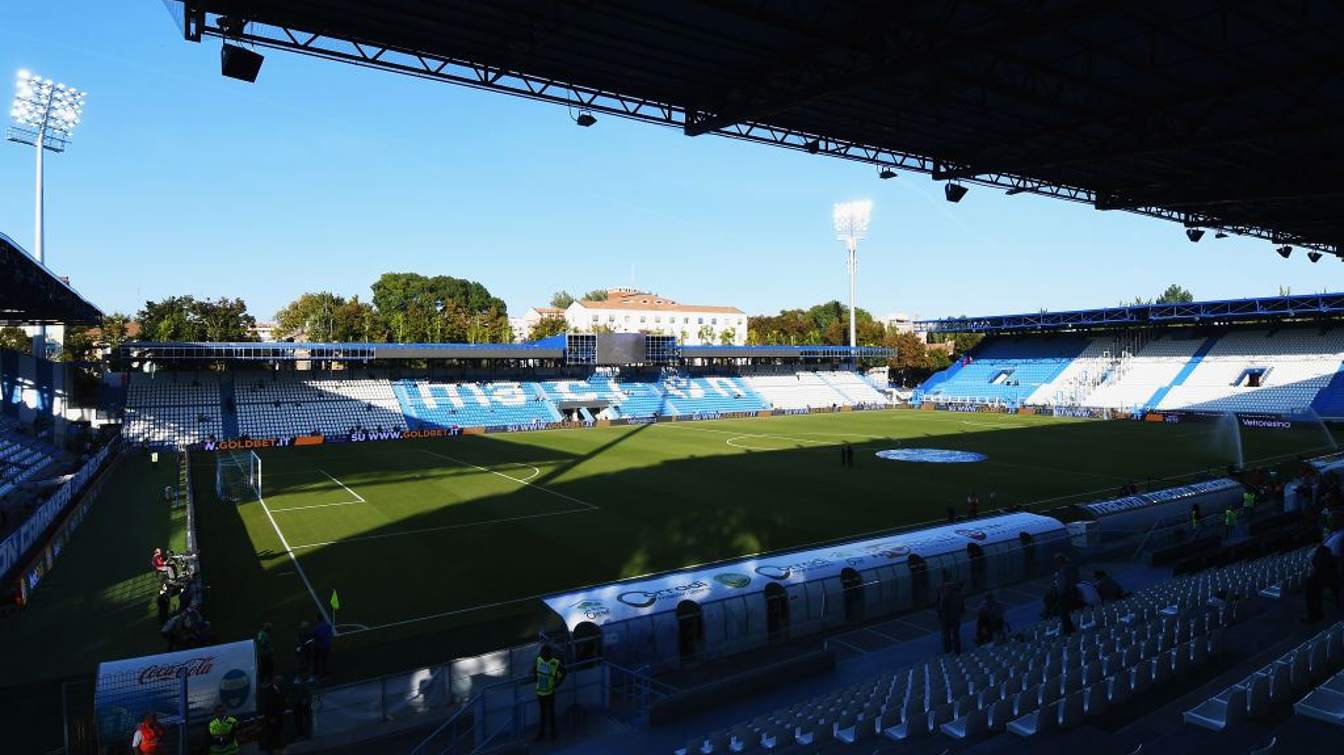 © PascalMondragon (cc: by-sa)
© PascalMondragon (cc: by-sa)
Role of Professor Chiaia and his expertise
A key figure in the hearing was Professor Bernardino Chiaia, a prominent expert in the field of building structures. At the request of Judge Andrea Migliorelli, he produced a detailed, 89-page expert report to assess the compatibility of the adaptation work on the stadium.
The professor presented his conclusions in detail in the courtroom, discussing point by point all the deficiencies and construction errors that he believed had been committed. He had already concluded that there were numerous shortcomings in the design and execution of the works, some of which he even described as glaring.
Although some of these errors were later corrected, the original shortcomings could have posed a risk to the safety of the public using the stadium.
Design errors and their correction
Professor Chiaia pointed out that errors occurred at both the design and execution stages of the works. The most obvious shortcomings were serious enough to require immediate intervention.
Following consultations with the prosecutor's office, some of the errors were corrected, thus ensuring basic safety standards. However, it is worth noting that, according to the professor, not all of the actions taken were fully conclusive, and it was only the new administration under Joe Tacopina, the club's current president, that made significant changes to the management of the site.
Defendants and their role in case
The defendants on trial before the Ferrara court are key representatives of the companies responsible for the project and its implementation. Among the defendants on the bench are Giuseppe Tassi, project leader and head of the Tassi Group, defended by lawyers Giulio Garuti and Paolo Loberti.
Tassi is accused of fraud in public supply, which could have serious legal consequences. In addition to him, Domenico Di Puorto and Adelino Sebastianutti, de facto directors of the Gielle and Piemme Group companies, who are responding to the same charges, are also before the court.
An important element of the case is also the prosecution of Fabrizio Chiogni, who, as tester, certified the conformity of the construction work, despite the fact that, according to the prosecution, there was sufficient evidence that he should have made a completely different decision.
Future legal proceedings
The case concerning the Paolo Mazza stadium has not concluded with the last hearing. The next court hearing is scheduled for 23 September, when Giuseppe Tassi and Fabrizio Chiogna will give evidence.
Their hearings may prove crucial to the further course of the trial. The courts and the prosecution will need to establish the extent to which the defendants were aware of the mistakes made and whether they deliberately committed irregularities in the implementation of the public investment.
Advertisement

 StadiumDB
StadiumDB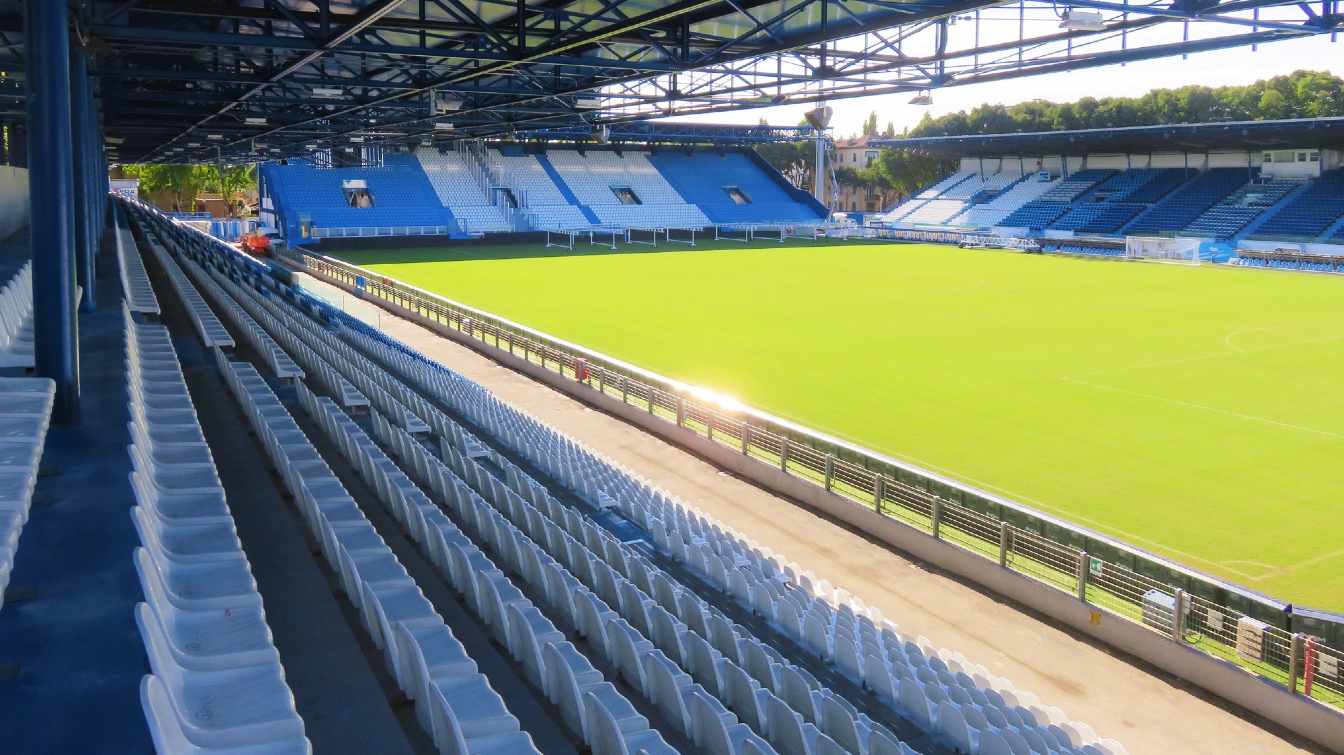 ©
© 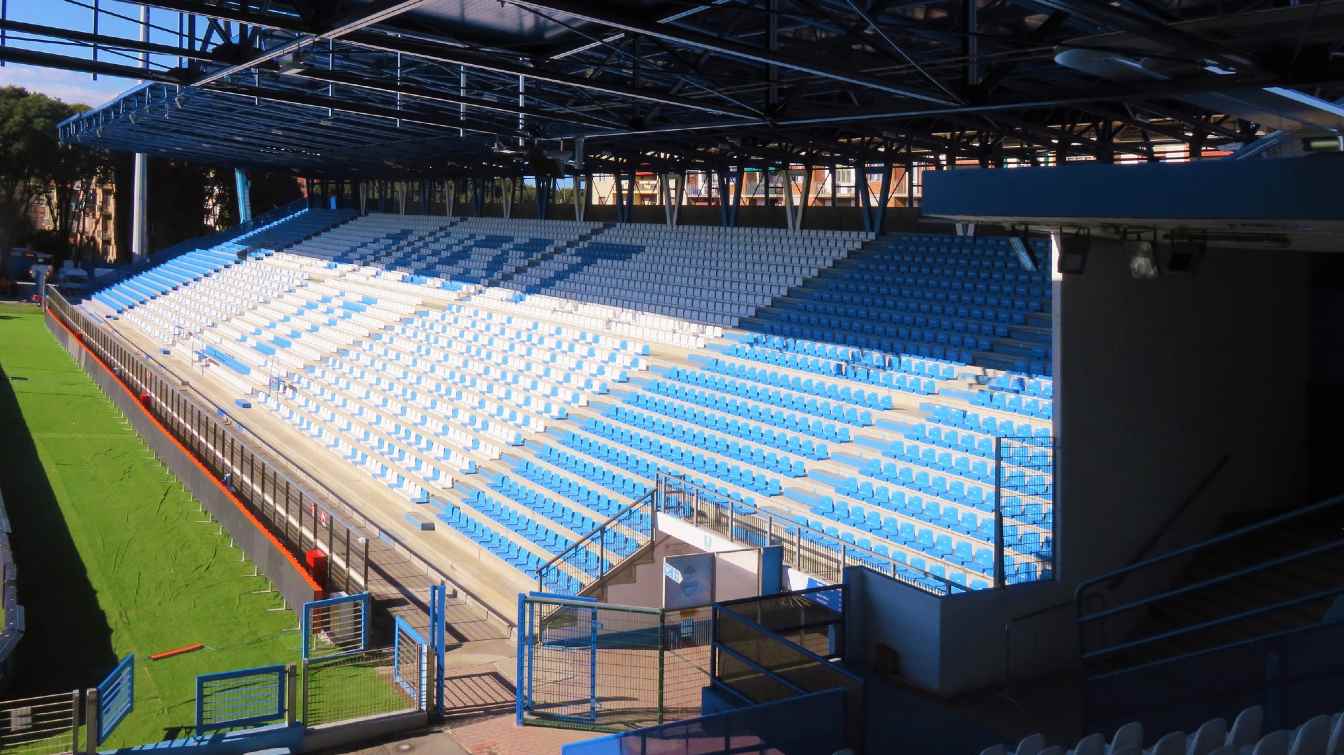 ©
© 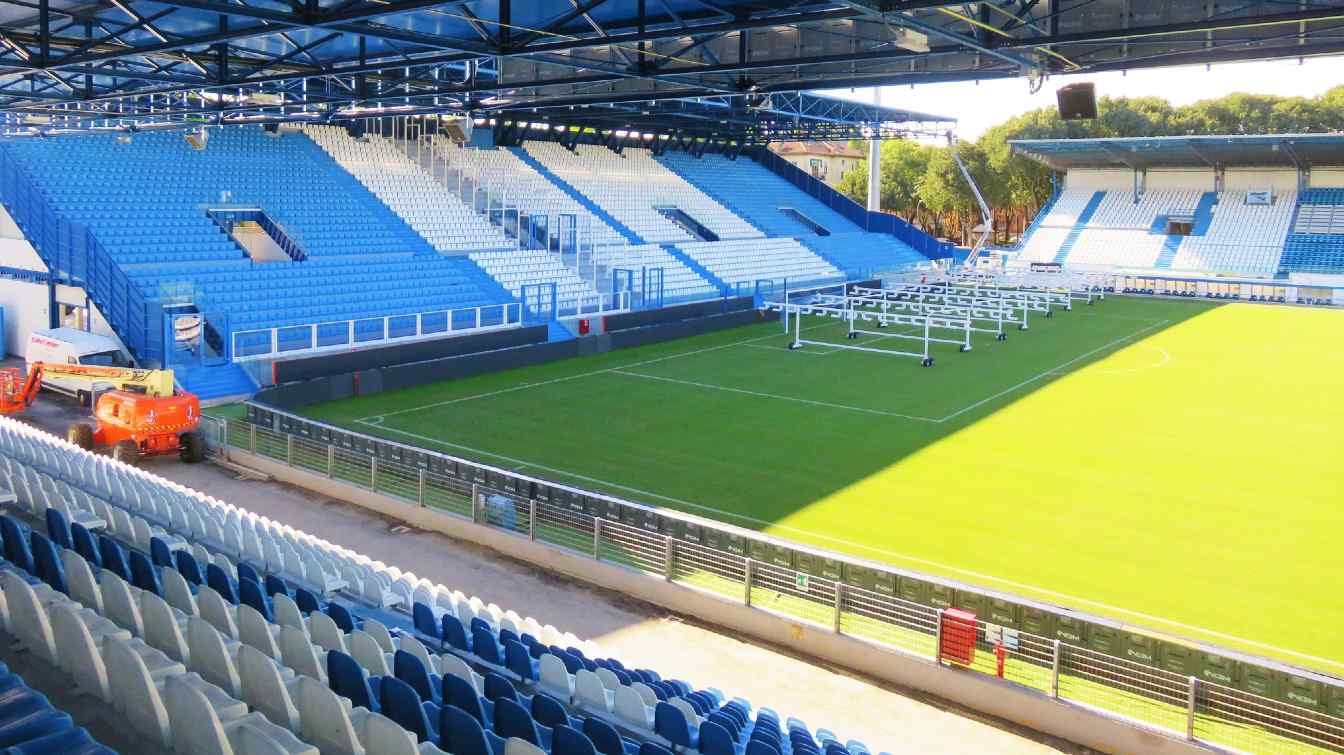 ©
©